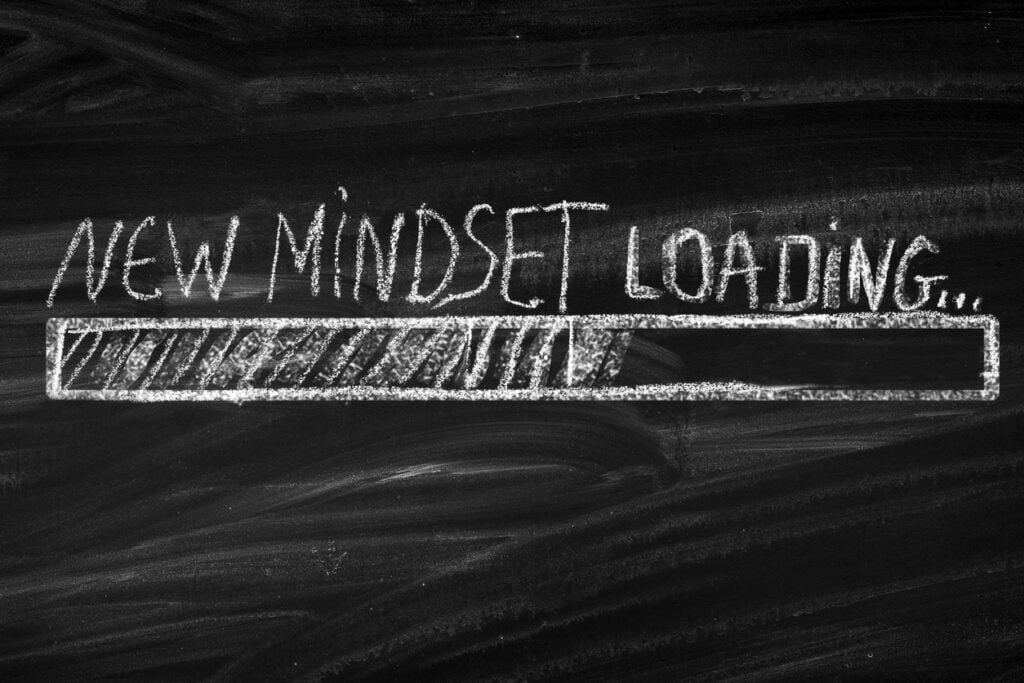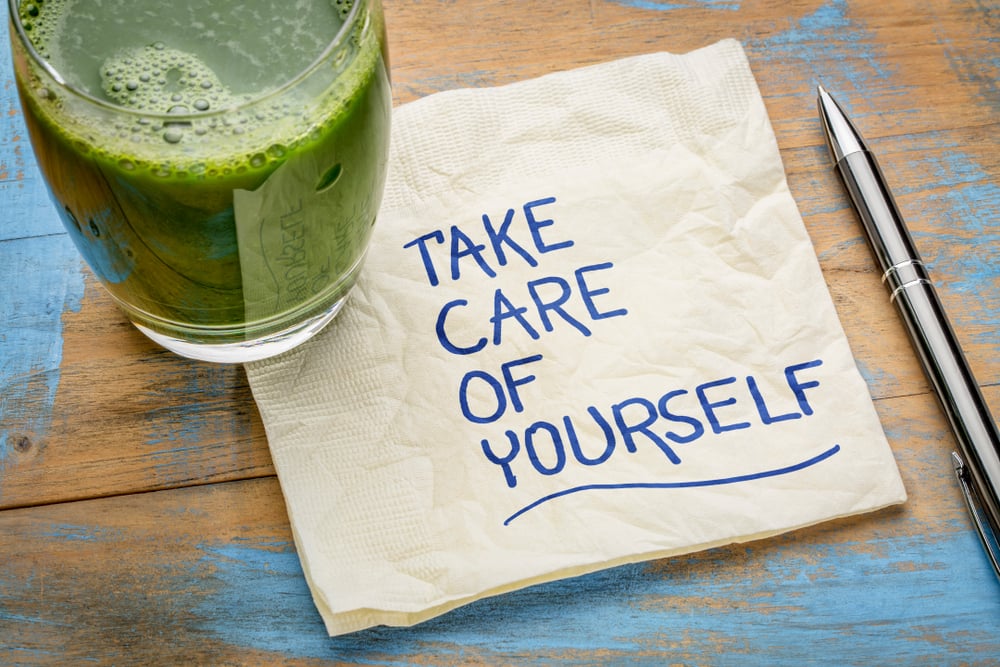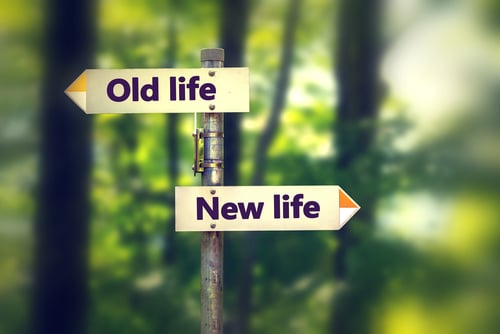Life Blog
Cutting-edge information and tips for creating health in all areas of life – wellness, nutrition, fitness, attitude, and relationships

February 26, 2026
The Hidden Cost of Chronic Stress (and What Science Says Actually Helps)
Stress doesn’t usually announce itself with sirens and flashing lights. More often, it sneaks in quietly—tight shoulders, poor sleep, short tempers, skipped meals—and before you know it, you’re running on fumes wondering how things got so hard. Here’s the thing: stress isn’t just an emotional experience. It has measurable, physiological effects on your brain and body. And when stress becomes chronic, it can seriously impact your mental health. The good news? Small, consistent habits make a measurable difference. Chronic Stress Is More Than “Just Stress” According to the American Psychological Association, over 75% of adults report experiencing moderate to high stress levels, and nearly one-third say stress negatively impacts their mental health. When stress sticks around too long, cortisol (your primary stress hormone) stays elevated. Research shows chronically high cortisol levels are linked to: Increased anxiety and depression Impaired memory and concentration Sleep disturbances Weakened immune function In other words, “pushing through” without addressing stress doesn’t make you stronger—it makes you more depleted. Sleep Isn’t Optional (Your Brain Needs It) Sleep is one of the strongest predictors of mental well-being. Studies have found that people who consistently sleep fewer than six hours per night are over twice as likely to report frequent mental distress compared to those who get seven to eight hours. Sleep deprivation affects the same brain regions responsible for emotional regulation, which explains why everything feels harder—and more personal—when you’re exhausted. Quality sleep isn’t a luxury. It’s neurological maintenance. Movement Is One of the Most Powerful Mental Health Tools You don’t need intense…
Do Fitness Trackers Actually Work?
It seems everywhere you turn there’s a new high-tech wristband that is supposed to monitor your activity level, sleep patterns and caloric burn. The wearable fitness technology industry has exploded and is a $45.66 billion industry. Most trackers count steps and measure sleep patterns but some models also measure heart rate, blood oxygen level, skin…
Learn MoreYour Brain Is Sabotaging You!
How often have you set out to rid yourself of unhealthy lifestyle habits only to end up right where you started? The truth is, it’s really hard to shake bad habits for healthier ones. It’s why gyms are full come January 2nd and empty by February 1st! Humans just don’t like change. In fact, your…
Learn MoreFeel Tired All the Time? Try This!
Do you wake up feeling tired and spent? Do you struggle to get out of bed after eight hours of sleep? It’s perfectly normal to feel tired and less energetic at the end of the day, but some people suffer from lingering tiredness that interferes with daily life. They constantly feel like they haven’t slept…
Learn MorePersonal Hygiene & Squeaky Clean Kids For LIFE
Teaching Your Kids Good Personal Hygiene It’s funny how toddlers who love splashing around in the water grow up to be messy preteens who would gladly stay dirty if given the choice. Laying a solid foundation of good personal hygiene habits while they’re still young will help them to maintain good health later in life….
Learn MoreOne Choice Away
Okay. If you were absolutely honest, do you feel that your lifestyle promotes vitality and strength or…(not wanting to sound to harsh, here) frailty and weakness? Strength and vitality in our whole being is what we really want. We want all of the life we can possibly have, mentally, physically, spiritually, emotionally and relationally. But…
Learn MoreEat the Rainbow! Why Colorful Meals are Healthier for You
Want an easy way to be healthier? Add lots of colorful veggies and fruits to your diet. The natural pigments that give fruits, vegetables, and other whole foods their bright colors are important micronutrients. Colorful foods are more nutritious and healthier for you. People who eat multi-colored meals reduce their risk of diabetes, stroke, heart…
Learn MoreSharing Your Love Story: A Valentine’s Gift Idea
Are you looking for unique valentine ideas? Try sharing your love story. Everyone loves a good love story. Love stories bring back memories of falling in love and feelings of nostalgia. They remind us of the innocence and excitement of new love and what it feels like to be head over heels in love. Love…
Learn MoreSedentary Lifestyle = Premature Death
What’s So Bad About a Sedentary Lifestyle, Really? If there’s one thing that’ll land you in the obituaries sooner than you’d like, it’s living a sedentary lifestyle. Inactivity = rust. Inactivity = decay, from the inside out in mind, body, and soul. Despite knowing that a physically active lifestyle produces many physical, mental, and emotional…
Learn MoreTake Care of Yourself Much?
It Is NOT Selfish To… …take care of yourself. You’re worth taking care of because your life and happiness matter, too. People seem to really struggle with what it means to be selfish and selfless. They think it’s selfish to take care of themselves. And somewhere along the way they’ve been led to believe that…
Learn MoreNew Choice = New Life
Kenneth Patton once said, “By the choices and acts of our lives, we create the person that we are.” So many people wish for a new life but for whatever reason they don’t go after it. You’ll often overhear them saying they want to change…they need to change…that they’ve had enough and can’t take it anymore! It’s…
Learn MoreManaging IBS: When Almost Everything You Eat Gives You Gas or Stomach Pain
There’s so much confusion and misinformation about irritable bowel syndrome (IBS). Most of it comes from the fact that symptoms vary from one person to the next and doctors don’t really know what causes it. IBS is a painful condition that affects the large intestine causing what seems like constant abdominal pain, gas and diarrhea….
Learn MoreReduce Stress with Relaxing Music
Music has a well-established relaxing effect on our bodies and minds. Therapists use music to help people overcome anxiety and depression, and improve their cognitive functioning, motor skills and social skills. Science has also proven that music has many beneficial physiological effects including slowing down the heart rate, lowering blood pressure and reducing the level…
Learn More











